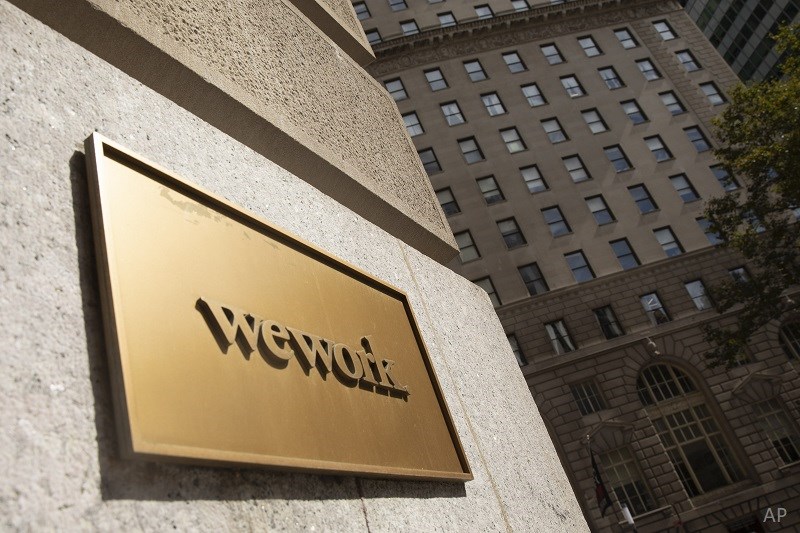Holly Black: Welcome to the Morningstar series, "Why Should I Invest With You?" I'm Holly Black. With me is Paul Jourdan. He is manager of the Amati UK Smaller Companies Fund. Hello.
Paul Jourdan: Hello.
Black: So, do you want to tell us what the fund does?
Jourdan: The fund is in the UK small companies sector and it means that 80% of the assets of the fund will be invested in the bottom 10% of the U.K. stock market.
Black: Where are the other 20%?
Jourdan: The other 20% will be – maybe, if we want it to be, we can go above that level. So, we might have some of the fund in slightly bigger companies. But essentially, we're targeting the bottom 10% of the U.K. market.
Black: And what is the appeal of these companies for you?
Jourdan: Well, I've been a smaller company investor – UK small company investor for something like 20 years, and it's an endlessly fascinating and intriguing and money-making sector. I mean, it's been a tremendous journey. Clearly, 12 years ago, we had the financial crisis, which was a pretty stressful period. But when you look at the last 20 years as a whole, it's been pretty remarkable and particularly, the last 10. And so, I've spent some time in the last couple of years trying to explain actually why have the last 10 years been so good for UK small companies.
Black: Well, that is the magic question, though, isn't it? So, one area you look at, which is very fascinating is the Aim market, which a lot of people might not be familiar with. What is Aim?
Jourdan: Yeah. So, Aim stands for Alternative Investment Market. And it was a segment of the market, a slightly less regulated segment of the market that was established in 1995, I think. So, it's been around for about 25 years. And it was there really to allow smaller growth businesses to list and to do so with a bit less cost and slightly lighter regulations.
Black: Well, lighter regulations sounds a bit scary and you do get some people thinking this is a space for cowboys and rogue businesses. But you find some good opportunities there, don't you?
Jourdan: Yeah. And I should say – I say lighter regulations with a slightly wry smile because the regulations are anything but light. If you ask anyone who's listed on Aim, what was it like? It's normally a bit of a nightmare.
Black: One form to fill in. No problem.
Jourdan: Yeah. And unfortunately, it has become more and more and more difficult, which is, it's creating some problems and we're seeing fewer companies come to the market. So, there is a bit of work to do actually on making the regulations a bit easier for companies.
Black: But actually, you get some really established massive big businesses on there. So, the online fashion retailer Asos, Majestic Wine. So, it's not just for start-ups.
Jourdan: No, but those were start-ups once upon a time and they use the market really well. Those are two good examples of companies that have really made a fantastic success of listing.
Black: So, what are the main drivers for UK smaller companies this year? It's been a bit tricky with all the Brexit and election uncertainty, but is 2020 looking a bit clearer sailing?
Jourdan: I'm hoping that in 2020 we will have a less uncertain business environment than we had in 2019. And I think a big part of what happened last year was, businesses began holding off from investment decisions, because they just wanted to know what's going to happen in the general election. So, having clarity on that, and – you know, there were – I think we saw under Jeremy Corbyn, that manifesto was regarded as quite a severe threat to a lot of businesses, and it would have completely changed and dramatically changed the business environment in the country. So, having put that behind us, even though we have, of course, more uncertainty as to do with Brexit, and that's very well publicized, and we talk about endlessly, I think we have a slightly calmer investment waters this year.
Black: So, what are some of the key things you're looking for in the companies you invest in?
Jourdan: We're essentially looking for a set of criteria which can broadly be defined what a growth company is. So, the reason you invest in small companies is to find businesses that can grow faster than larger companies can. And you ideally want a company that can grow at a really – a decent rate for 5, 10, even 15 years. If you can find those kinds of investments, they're normally the most profitable investments you're ever going to make. And growth companies are how wealth is – is one of the key wealth creation mechanisms.
Black: Super. Well, thank you so much for your time.
Jourdan: Great. Pleasure.
Black: And thanks for joining us.





























